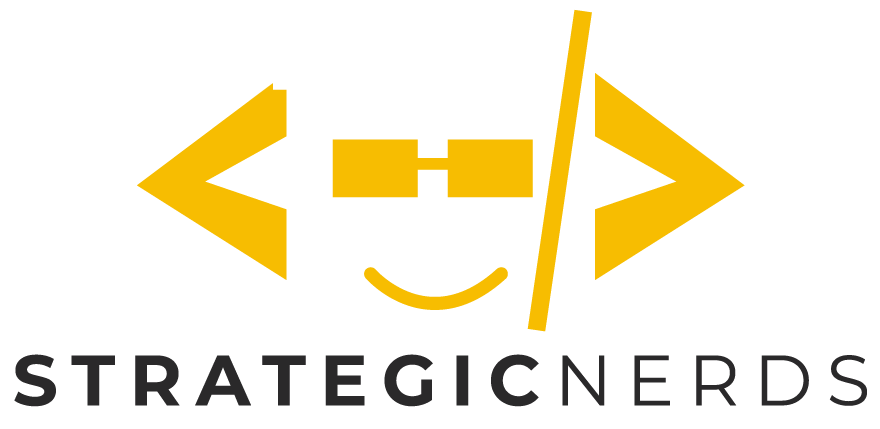What kind of Developer Advocate do you need and where can you find them?

Matching the myriad things Developer Advocates do with your needs as a business is critical to determining the kind of Developer Advocacy organization you need. You may need someone to be stewards of your developer community, or perhaps you need someone who can show other developers how your product or service works, or maybe what you need is someone with recognized expertise in an industry or sub-industry of relevance to you. In these cases the type of Developer Advocate you require will differ radically.
Let's take a look at the three types of Developer Advocates I most commonly see apply for jobs that I post:
- Community-focused Developer Advocates who are adept at building and maintaining developer communities.
- General application-focused Developer Advocates who are excellent communicators and developers focused on using your product or service to build applications.
- Domain-specific Developer Advocates who have deep technical expertise in the internals of a product, service, or industry highly germane to your own.
Community focus
Traditionally, I have titled community-focused Developer Advocates as "Community Marketing Managers," but I appreciate that many of these individuals prefer a Developer Advocate title. Independent of their address book title, their job function is the same: be excellent stewards of a developer community. They make sure a community is vibrant, with multiple points of view represented and defended. They make sure a community is active, with questions and comments quickly answered either by the company or other community members. They make sure there is an element of recognition where active community members are rewarded and/or publicly appreciated for their contributions. They make sure a community is healthy, weeding out undesirable members and setting the tone for respectful discourse.
Excellent community-focused Developer Advocates are hard to find. They are natural connectors and may already be members of a community of interest to you, genuinely bringing people together who should know one another. Look in technical communities you already belong to and see if there are people who are already doing the work. Spend some time with them trying to understand their approach and thank them for their work.
Because they are natural connectors, if you have a genuine desire to build a healthy community, they will be happy to help you find the perfect community manager for your team.
Application focus
Developer Advocacy is often the "tip of the spear" in terms of developer engagement for a company. Their job is to show people the possibilities when they use your product or service. Developer Advocates with an application focus build applications, samples, demos, and so forth using your product or service. The idea is that when they build something, it's to show a specific audience how your product or service fits into their existing platform or workflow.
Painting the vision behind your product gets back to what I mean when I talk about how important a solution-level focus is for your product or service. When you anchor around the problems you're solving for customers, it makes it a lot easier to align website copy, campaigns, and Developer Advocacy work.
The danger for Developer Advocates focused on building applications is that the examples and types of applications they build could end up either being "too cute" (and, therefore, detract from your business-focused brand), "too small" (and, therefore, considered a toy), or "not relevant" at all to the industries or use cases most applicable for your product. Establishing a strong solution focus helps keep Developer Advocacy aligned with the most important factors of your business.
People ask me all the time how to find Developer Advocates. First, you can hire me to help you build out your Developer Advocacy team. I'm not cheap, so I thought I'd lay out all my secrets for you here.
First, great Developer Advocates are good coders who possess phenomenal communication skills. So, the obvious first step is to find Developer Advocates whose talks are on YouTube and/or whose bylines are prolific in blog posts. If you like the substance of their content, chances are they'll be great fits for you. Reach out respectfully and humbly, or, better yet, compliment their work and build a long-term rapport with them.
Beyond identifying established Developer Advocates, I also live for identifying people new to the profession and giving them an opportunity:
- Developers out of code schools who realize that coding isn't what they want to do full-time. I usually can suss this out during the interview process and broach the subject of whether they'd be interested in Developer Advocacy. (In general, I recommend Developer Relations leaders build a strong rapport with their recruiting teams and ensure that they know when to vector engineering candidates to Developer Relations).
- PMs or PMMs who want to get back to the technical aspects of the job. Two of the best Developer Advocates I ever hired were Product Managers who, after a late night bar chat during a conference, asked "what's it like in marketing?" Good discussions led to interviews and hires.
- Technical Support engineers already have a healthy dose of customer empathy and communication skills. Developer Advocacy is a great onramp to Product/Engineering, and for a healthy percentage of Technical Support engineers, represents a good stepping stone to a career goal.
Domain focus
The last type of Developer Advocate is a real specialization of the whole skillset. Let's say you're in a deeply technical industry or horizontal category. For example, you could be a database company. You likely need at least some Developer Advocates who come pre-baked with a significant amount of industry credibility and domain expertise. In my last database company, I had to hire 5 deeply technical PostgreSQL engineers and contributors as Developer Advocates.
It wasn't easy, and it also wasn't cheap!
But hiring two former CTOs, two open-source contributors, and a former trainer and book author gave us an immediate boost in the type, tone, tenor, and technical accuracy of our content. They also came with built-in audiences eager to hear what they were writing. Audience, I should add, with a direct overlap with our target customer profile.
Summary
Your business needs will dictate the type of Developer Advocate you need. In all likelihood, you'll need a mix of team members to cover the content and community engagement you need to make your mark in the industry.
Let me know how I can help!
